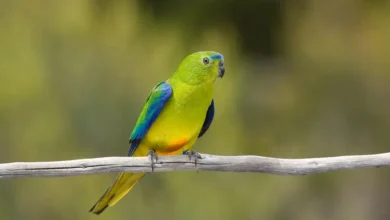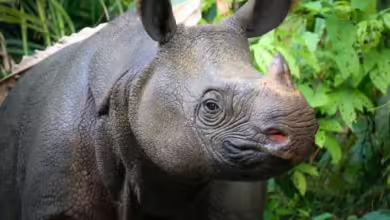Are Lions Endangered?
Lions Are Not Listed As Endangered. But Their Numbers Are Falling, And Conservationists In The U.S. Disagree Over A Hunting Ban.
Aside from our native mountain lions—which are actually cougars and not really “lions” at all—the only lions in the U.S. live in zoos and other forms of captivity. Wild lions of course almost all live in Africa, with a tiny remnant population of a few hundred Asiatic lions hanging on in India. Yet, on March 1, a coalition of U.S.-based conservation groups spearheaded by the Defenders of Wildlife petitioned America’s top wildlife agency to list African lions as an official endangered species in the U.S.
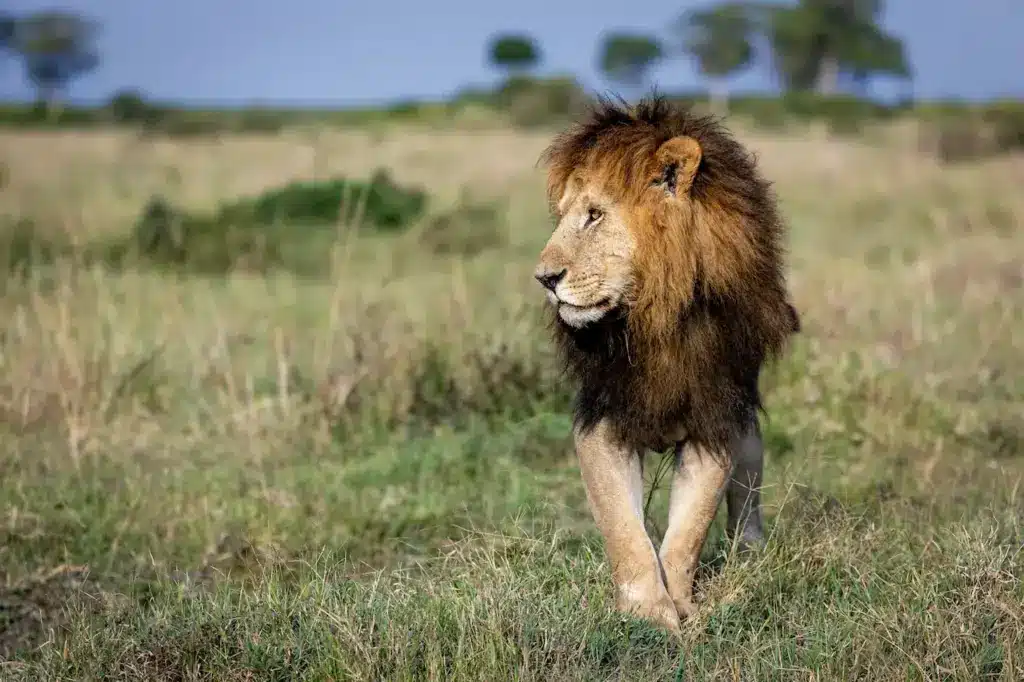
The idea isn’t as strange as it sounds. The U.S. Fish and Wildlife Service (USFWS) often lists non-native species as threatened or endangered in order to prohibit the importation of those animals and their furs, feathers, or other parts, as well as any products made from them. The goal is to deny the U.S. as a market for people who kill or capture endangered or threatened species, thereby removing some of the incentive to “harvest” them. In the case of lions, Defenders of Wildlife and its allies hope to specifically discourage wealthy American hunters from traveling to Africa in order to kill lions. Why, after all, would American lion hunters pay good money to shoot an animal whose hide and skull they could not bring back home?
Internationally, lions are listed as “Vulnerable” by the International Union for the Conservation of Nature—one rung below an official Endangered listing. However, there is no question that the big cats are in decline. There are an estimated 30,000 lions remaining in all of Africa, down from perhaps 200,000 as recently as the 1970s. Numbers have plummeted as Africa’s human population has expanded into lion habitat, reduced the numbers of prey animals that lions need to live, and killed lions in order to protect livestock and human lives.
In addition, in recent years a black market for lion bones and other parts has sprung up in China and other Asian countries, where they serve as a more available and less expensive substitute ingredient in folk-remedy recipes that have traditionally called for tiger bones and organs. Tigers are Critically Endangered, and therefore scarcer, costlier, and more difficult to obtain than illegally killed lions.
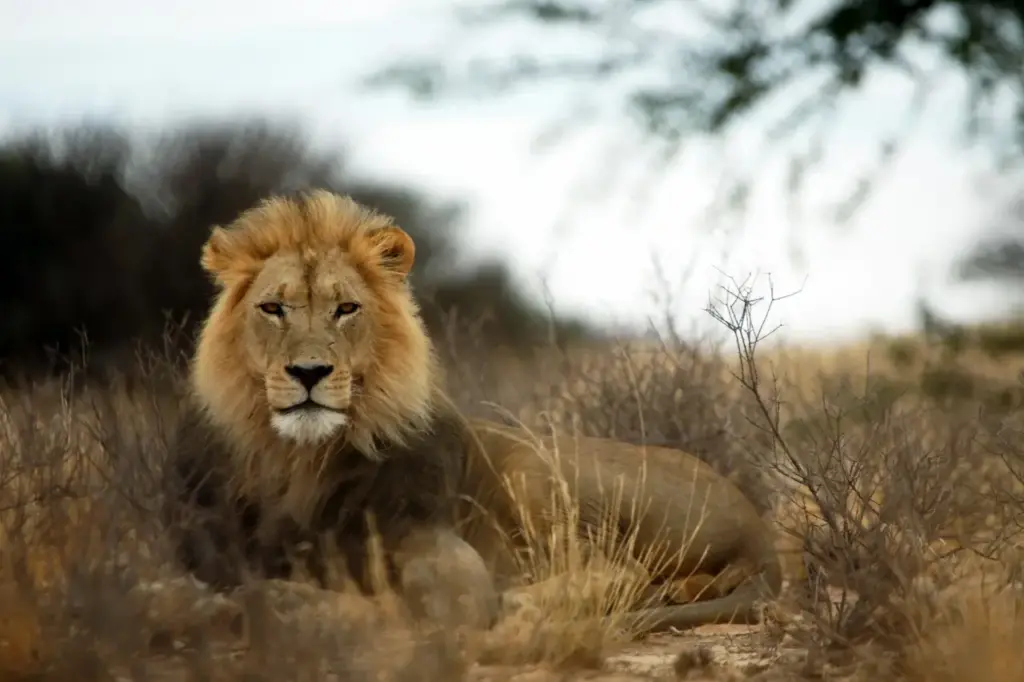
Historically, lions not only roamed the entire African continent, but also parts of the Middle East, Southwest Asia, and even Europe. The last remaining lions in Italy and Greece were hunted to extinction around 2,000 years ago, during Roman times. Currently, outside of the small Indian population, the species is found only in sub-Saharan Africa, and only seven countries—Botswana, Ethiopia, Kenya, South Africa, Tanzania, Zambia and Zimbabwe—now have more than 1,000 lions in their parks and wilderness areas.
When sport hunters look for lions, they generally prefer to target the largest possible males—mature, healthy animals that are likely be leading a pride. Conservationists seem to be in unanimous agreement that the killing of a pride leader often results in the deaths of many other lions in the pride—in particular, young lions that are still dependent on their mothers. In the brutal world of lion society, when a new male takes over a pride whose leader has been killed, he usually kills all the cubs in order to clear the way for the birth and nurturing of his own progeny. Even when the pride is led by more than one dominant male—a frequent occurrence—the death of one male leaves the pride more vulnerable to a takeover attempt by a group of males from the outside. It is largely for this reason that Defenders and other groups think the U.S. should put the brakes on American lion hunters via an endangered species listing.
However, not everyone is in complete agreement. Dr. Luke Hunter, executive vice-president of the New York-based big-cat conservation group, Panthera, readily admits to being “nauseated” by the idea of lion hunting. But in a March 9 blog posting on Panthera’s website, Hunter pointed out that a U.S. endangered species listing for lions could end up doing more harm than good.
Hunter asserts that big-game hunting is the main source of revenue for many remote areas of Africa far beyond the game parks frequented by camera-toting tourists—and, as such, provides the only real incentive for the often-impoverished residents of those areas to protect wildlife from poachers as well as to refrain from poaching themselves. In addition, he says that a profitable hunting industry encourages African governments to set aside and protect tracts of wilderness, rather than trying to exploit them in more environmentally destructive ways.
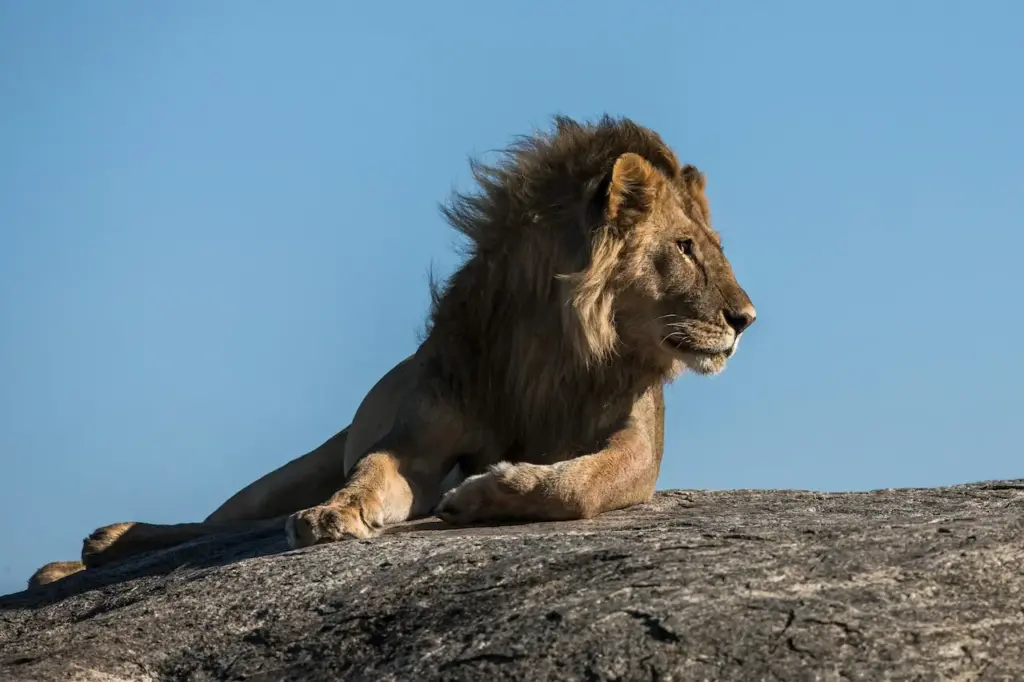
According to Hunter, an American trophy-seeker ends up paying around $125,000 to kill a lion, and successful hunts by just a few hunters each year can have a major effect on a rural economy. In the long run, says Hunter, more lions could be saved by preserving tightly regulated lion hunting than by forbidding American lion hunters to bring their trophies back into the U.S.
Hunter wrote, “If American hunters, by far the largest market for big game safaris in Africa, can no longer hunt, lions and other wildlife will probably lose out. As unpalatable as it may be, until we find alternative mechanisms to generate the hard cash required to protect wilderness in Africa, hunting remains the most convincing model for many wild areas.
“Let me state it again; I think sport hunting big cats is repellent and I would welcome its demise. But my personal distaste for hunting won’t help lions if shutting it down removes protection from African wilderness.”
The process for getting a species declared as “Threatened or “Endangered” under the U.S. Endangered Species Act, from the submission of a petition to an actual decision, takes at least a year—and often much longer. In addition, a petition does not guarantee a favorable decision by the USFWS.
